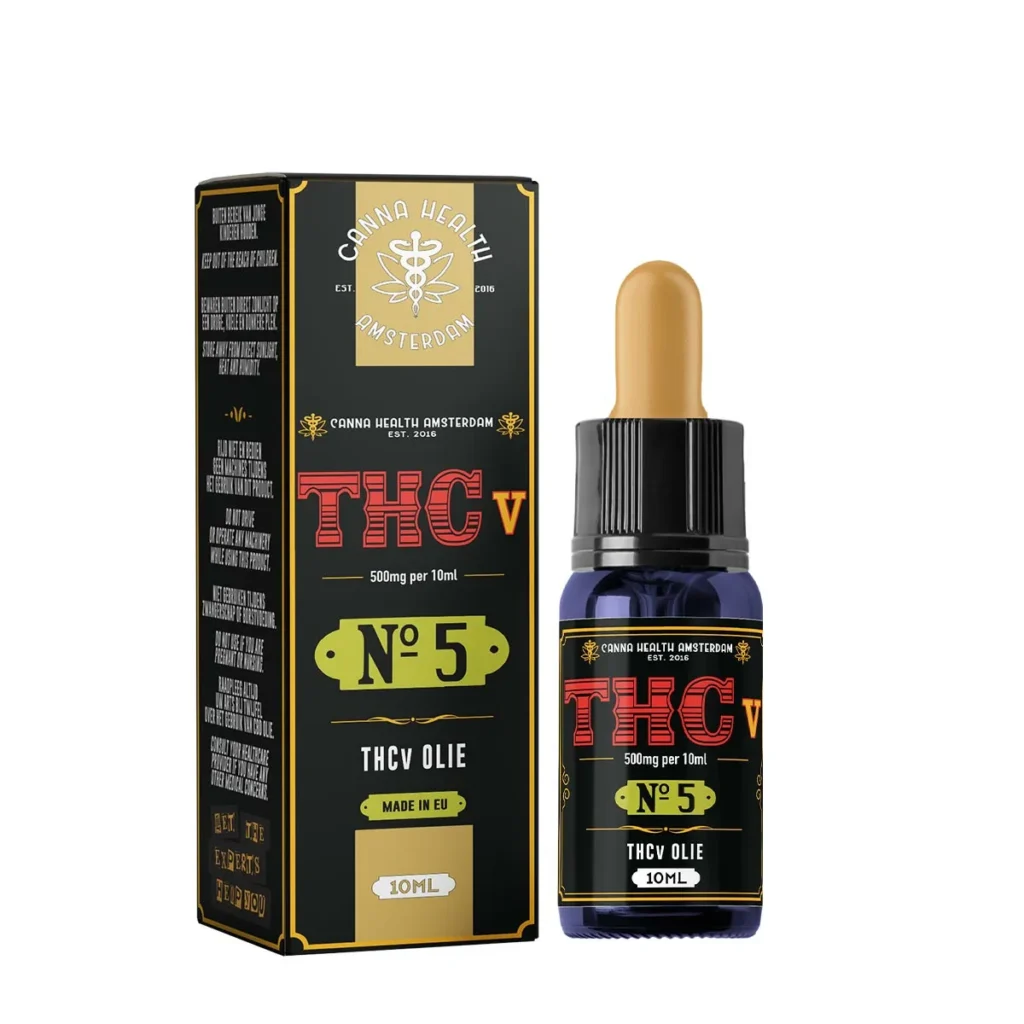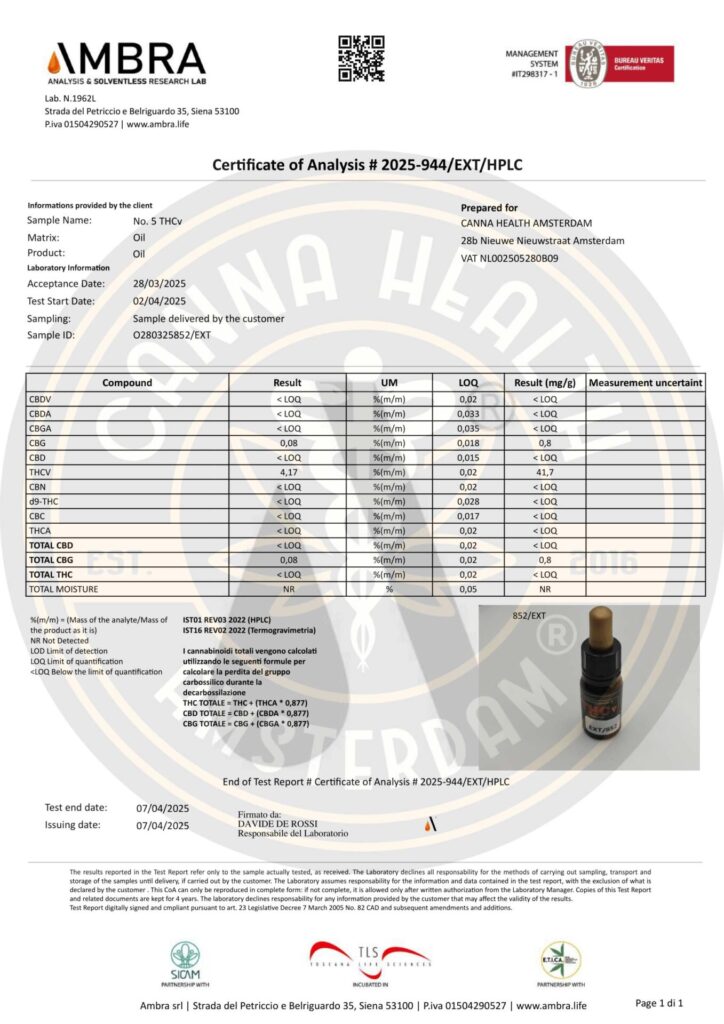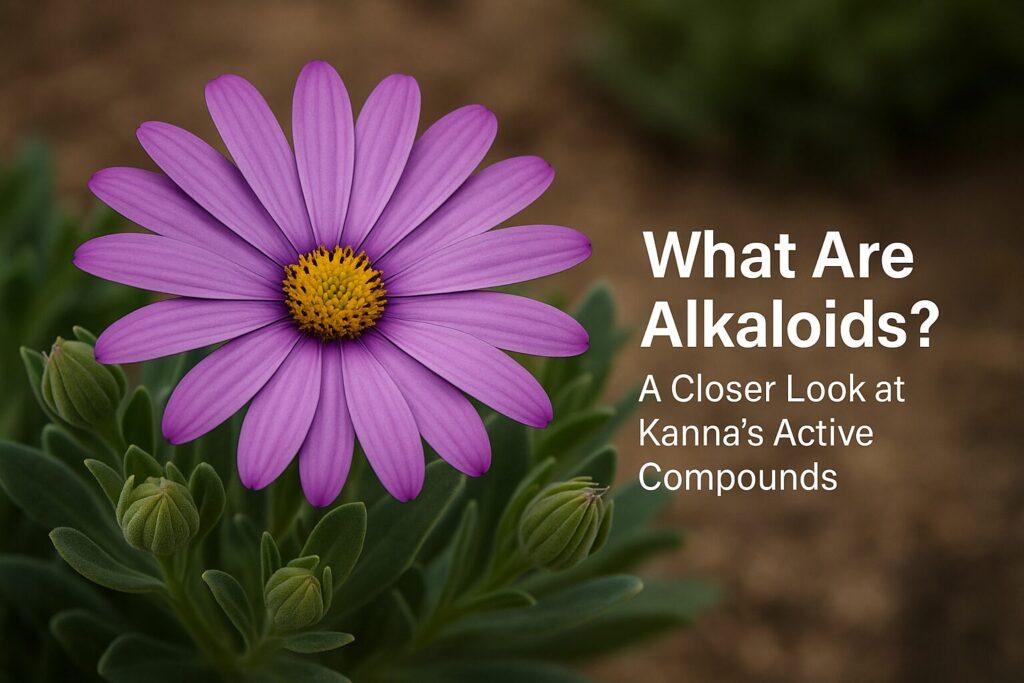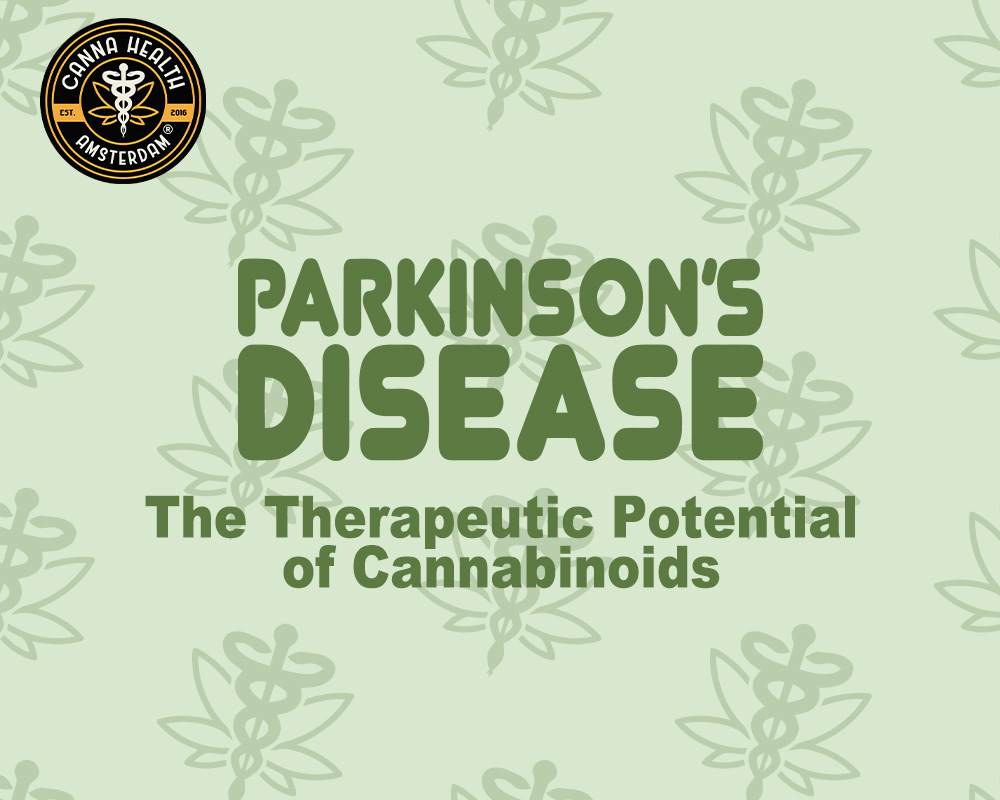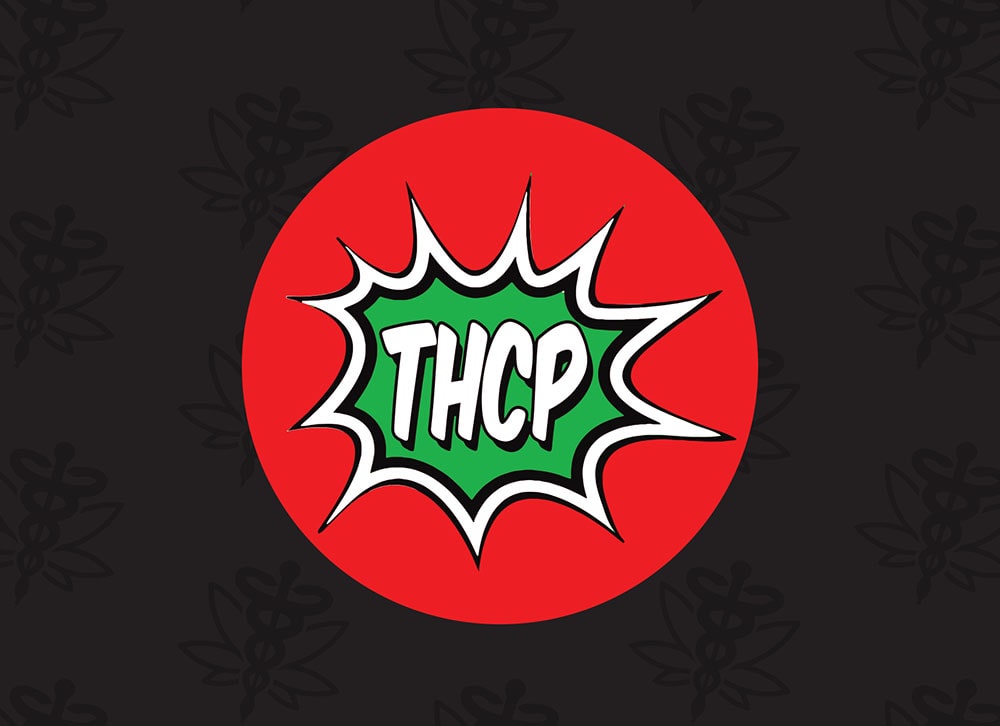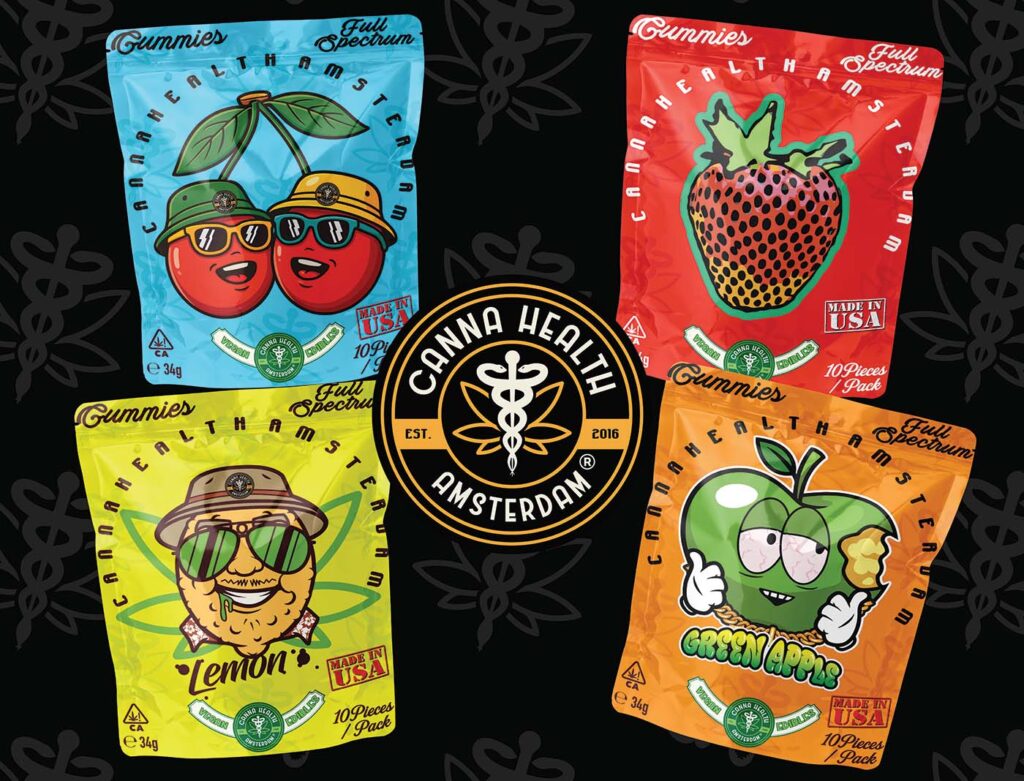
Blog
THCV vs. Diabetes Medicine: A Comparative Analysis
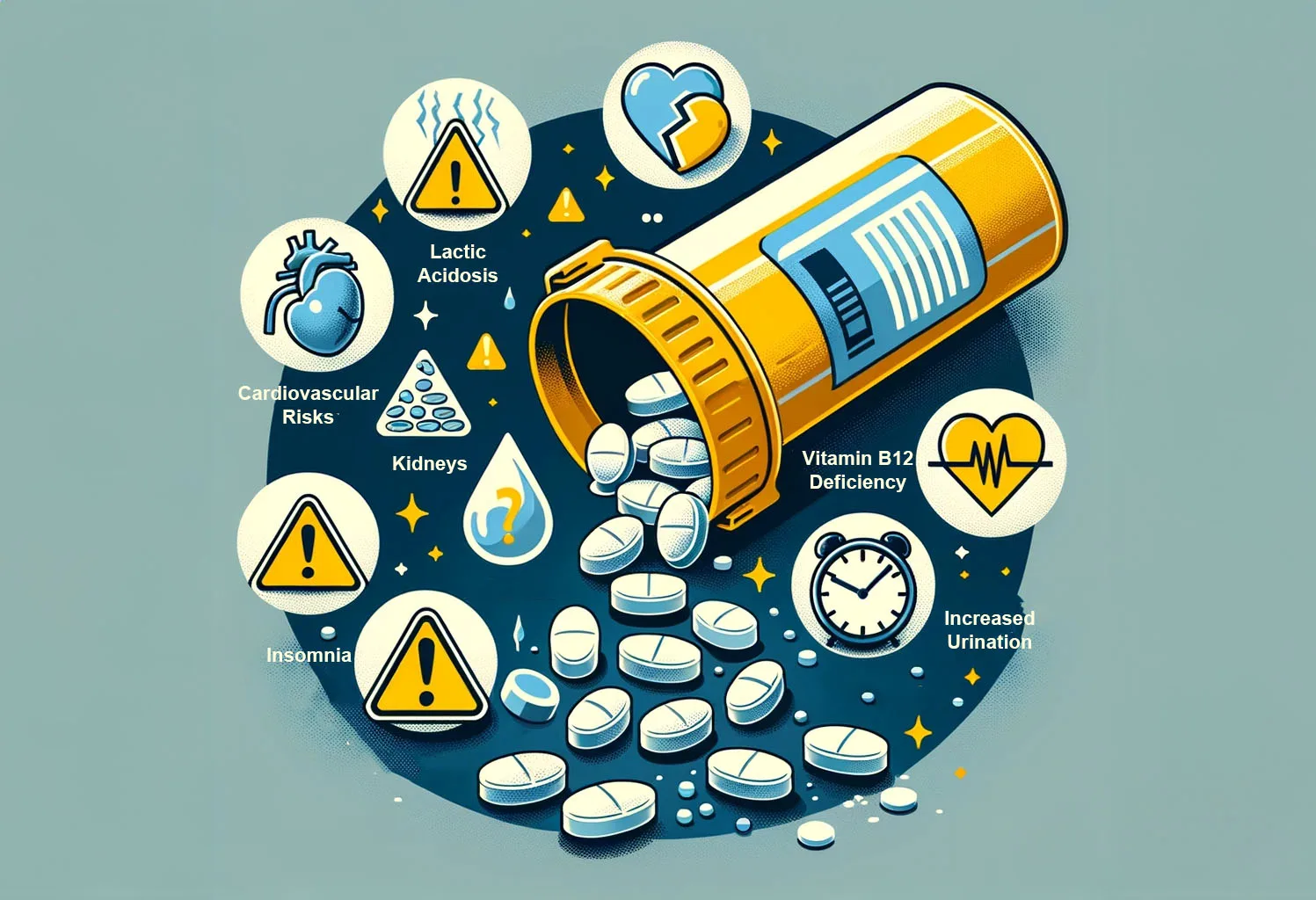
Introduction
Diabetes is a chronic condition that affects millions of people worldwide, and doctors traditionally manage it with various medications. However, recent research has shed light on the potential benefits of tetrahydrocannabivarin (THCV) in diabetes management. This article aims to compare the efficacy of THCV with traditional diabetes medications, focusing on the potential drawbacks of the latter.
THCV: A Potential Game-Changer
Tetrahydrocannabivarin (THCV) is a compound that the cannabis plant contains. Unlike THC, which is primarily responsible for the psychoactive effects of cannabis, THCV has shown potential therapeutic benefits for diabetes:
- Blood Sugar Control: Both THCV and cannabidiol (CBD) have demonstrated benefits for blood sugar control and metabolism in diabetes studies. A 2016 study found that THCV and CBD decreased blood glucose levels and increased insulin production in people with type 2 diabetes. In addition, the same study showed that patients who received THCV treatment had a significant increase in serum Apolipoprotein A, which makes up 90% of HDL protein. HDL protein has an important role in reverse cholesterol transport. Moreover, THCV enhanced HOMA2 β-cell activity and bettered the 3-hour blood sugar reaction to OGTT, with no notable variance in insulin reaction. There were also improvements in most lipid parameters.
- Insulin Benefits: THCV and CBD have been shown to improve metabolism and blood glucose in human and animal models of diabetes, indicating a potential new therapeutic agent for glycemic control. THCV also increases adiponectin concentrations on type 2 diabetes patients. Adiponectin enhances hepatic insulin sensitivity, increases fatty acid oxidation, and has important antiatherogenic properties. In addition, THCV enhanced the response of Akt (also referred to as protein kinase B) to insulin in insulin-resistant liver cells from humans indicating that it might enhance insulin signaling as a potential mode of action.
- Treatment for Inflammation: Chronic inflammation plays a role in the development of insulin resistance and type 2 diabetes. CBD, known for its anti-inflammatory properties, has shown promise in reducing inflammation in diabetes.
- Peripheral Neuropathy: Reports suggest that cannabis compounds, including THCV, can ease the pain of neuropathy, a frequent diabetes complication.
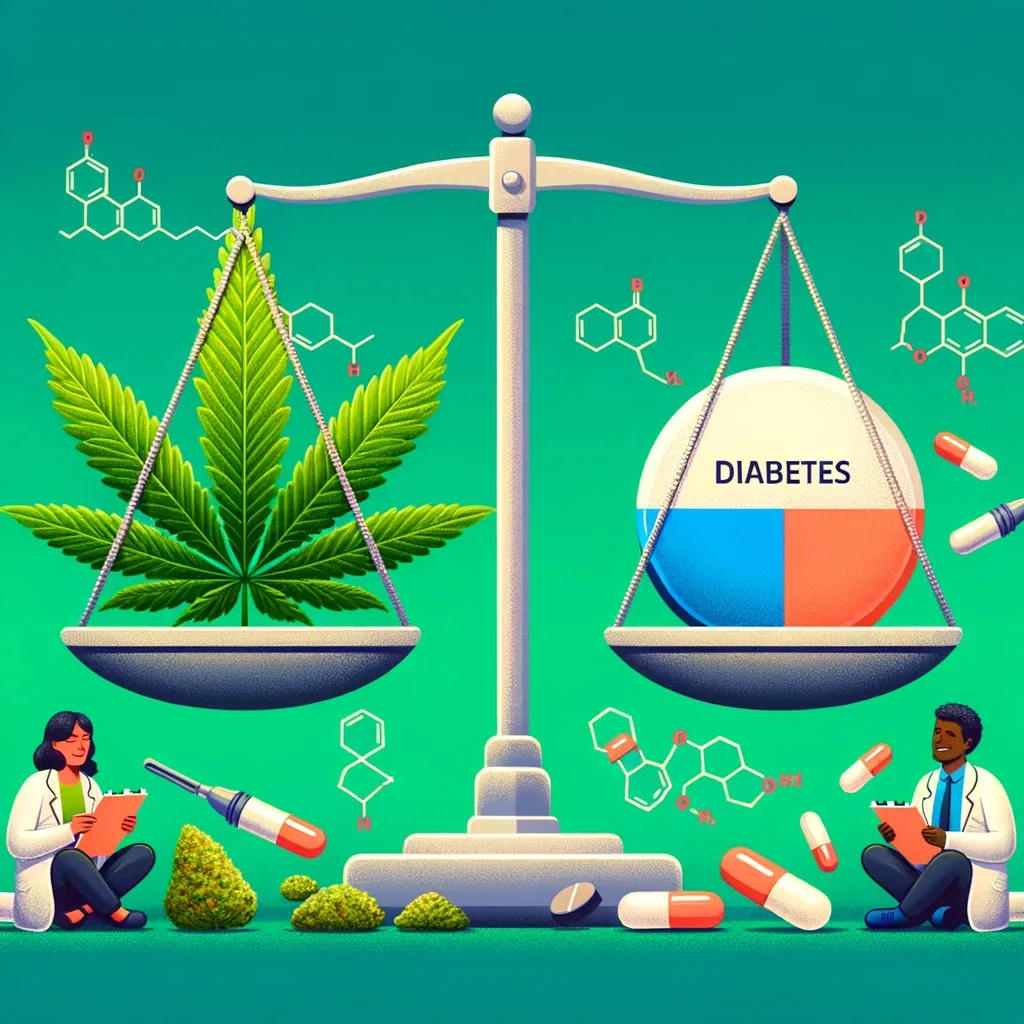
Traditional Diabetes Medicines: The Concerns
While traditional medicines have been effective in managing diabetes, they come with potential side effects:
- Kidney Concerns: Some diabetes medications can cause harm to the kidneys over time, leading to decreased renal function.
- Lactic Acidosis: A rare but serious complication, lactic acidosis can occur due to the buildup of lactic acid in the bloodstream.
- Vitamin B12 Deficiency: Long-term use of some diabetes medications can lead to a decrease in vitamin B12 levels, which can cause anemia and nerve damage.
- Increased Urination: Some medications can lead to frequent urination, which can be inconvenient and disruptive.
- Insomnia: Sleep disturbances, including insomnia, can be a side effect of certain diabetes drugs.
- Cardiovascular Risks: Some diabetes medications have been linked to an increased risk of heart attacks and strokes.
Conclusion
While traditional medicines remain a crucial tool in the management of diabetes, the potential benefits of THCV and other cannabis compounds offer a promising alternative. However, it’s essential to consult with healthcare professionals before making any changes to diabetes treatment.
THCv Oil – No 5: 500 mg THCv
Disclaimer: This blog is for informational and educational purposes only. We review and reference available studies and reputable sources; however, content may not reflect the most current research or regulations and should not be taken as medical, legal, or professional advice. We do not make or imply health claims. Products mentioned are not intended to diagnose, treat, cure, or prevent any disease and statements have not been evaluated by EFSA or the FDA. Effects can vary between individuals. Always consult a qualified healthcare professional before use and verify that any product or ingredient is lawful in your jurisdiction.




